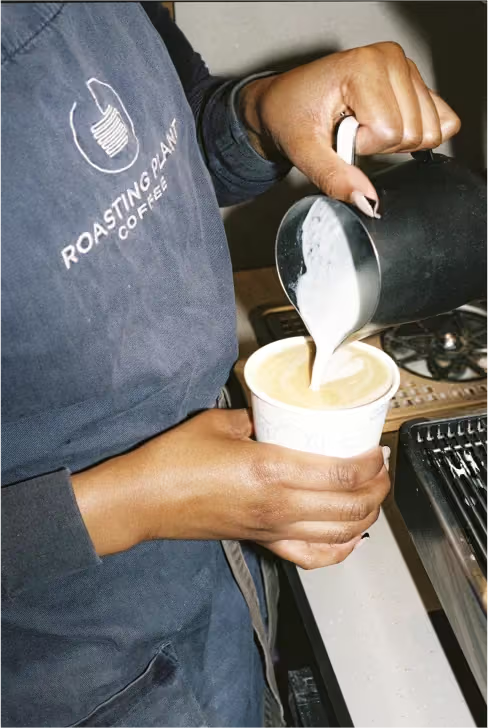Hospitality technology that actually works: Lessons from Azzurri Group
Hospitality technology promises efficiency, better guest experiences, and smarter operations. But with endless platforms, dashboards, and integrations, operators often struggle to know where to start.
Jim Hingston, Digital & Technology Director at Azzurri Group, manages five brands and 250+ locations. He’s seen it all. In a recent episode of What’s Cooking?, he breaks down how ruthless prioritisation, and not chasing every shiny new system, actually moves the needle.
In this blog, we unpack Jim’s framework, share what works, and explain why prioritisation is the real power move in hospitality tech.
Why prioritisation is the backbone of hospitality technology
Technology now runs through every part of hospitality, from digital ordering and loyalty apps to workforce management and reporting dashboards. But the real challenge isn’t finding tools. It’s focus.
Before adding anything new, operators need to cut through their existing complexity. Too many brands launch a dozen projects at once, spreading teams thin and stalling real progress.
Jim’s approach is simple:
What was really apparent was we were trying to do too much. We were trying to deliver so many things. [...] I think stopping to do things and being quite relentless on that prioritisation is so important for any business. No matter how much you're spending on tech or what you're able to do and then you certainly find yourself in a better position where you're doing fewer things, but getting a bit more focused on doing them.
Here’s what that ruthless prioritisation looks like in practice:
- Listen. Find the real pain points, not the ones you assume exist.
- Apply a filter: “Will this drive guests, improve experience, or make our P&L healthier?”
- Say no — or not yet — to projects without clear ROI.
And remember, guests love smart tech in their hospitality experience, but what they value more is speed, convenience, and ease of use are just as important. That’s why staying focused on what truly enhances their experience always wins over adding more for the sake of it.
Build vs. buy: knowing where to invest
When it comes to hospitality tech, one of the toughest calls is simple to say, but hard to make: do you build it yourself or buy it off the shelf? Both options have merit and trade-offs.
Jim’s rule is if it’s close to the guest experience and a differentiator, build; if it’s core but commoditised (e.g., inventory, payments), buy.
He explains,
Anything that's really close to the customer or helps you differentiate as a brand, they're the things you want to own. Those are the things you want to build yourself and have a lot more flexibility and control because, generally, when you've built your own things, you can get faster to market. It's easier. You haven't got to brief an agency or another supplier or wait months and months on the roadmap and those are the things that help your business to stand out.
Owning guest-facing tech gives operators speed and control, but it also comes with the responsibility of maintaining and scaling it. Off-the-shelf systems, meanwhile, can deliver stability and expertise, freeing teams to focus on what they do best: delivering great experiences.
The trick is knowing which functions are brand differentiators and which are just table stakes — and investing accordingly.
Data literacy as the hidden driver of ROI
All the prioritisation and technology in the world mean nothing if your teams can’t use them. Jim makes a strong case for investing in data literacy, not just data tools.
There's people that we've scaled up and trained up across the business who can build their own dashboards. They're pretty data literate to look at information from different sources and analyse that. I think the big thing is making sure we're asking the right questions and using that data in the right way.
When teams understand and trust the data, they make smarter, faster decisions — and that’s where the ROI really kicks in.
The future of hospitality technology
Looking ahead, successful operators will orchestrate systems rather than implement disconnected platforms. Seamless integrations, AI-driven insights, and invisible systems that just work.
But as Jim and the Azzurri Group prove, the fundamentals won’t change. Focus, capability, and prioritisation will always be the foundation.
At the end of the day, transformation starts way before implementation. It starts with clarity.
🎧 Listen to the full episode of What’s Cooking? on Apple Podcasts, Spotify, or YouTube to hear Jim Hingston dive deeper into how Azzurri Group is making hospitality tech actually deliver.

.webp)
.webp)

